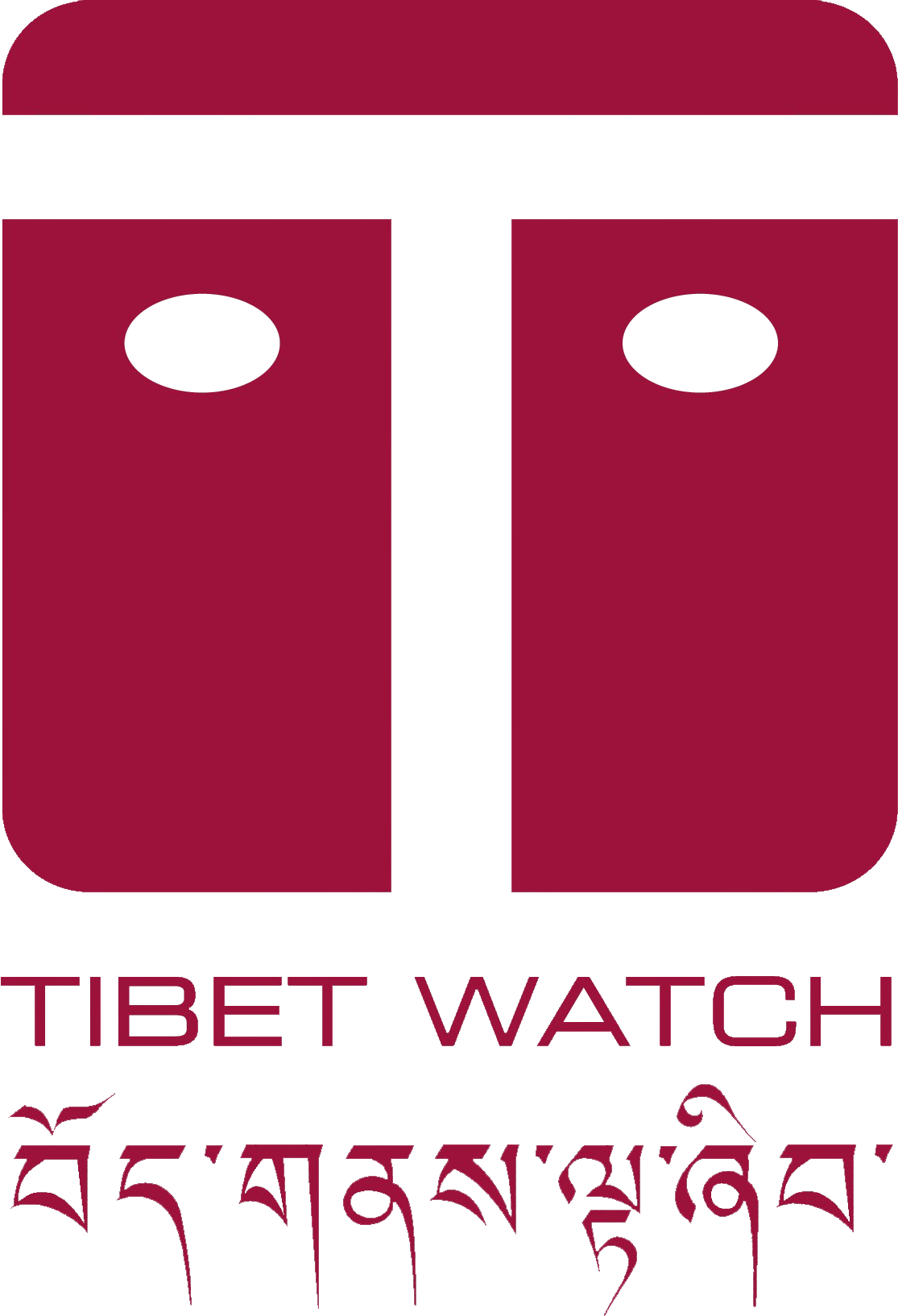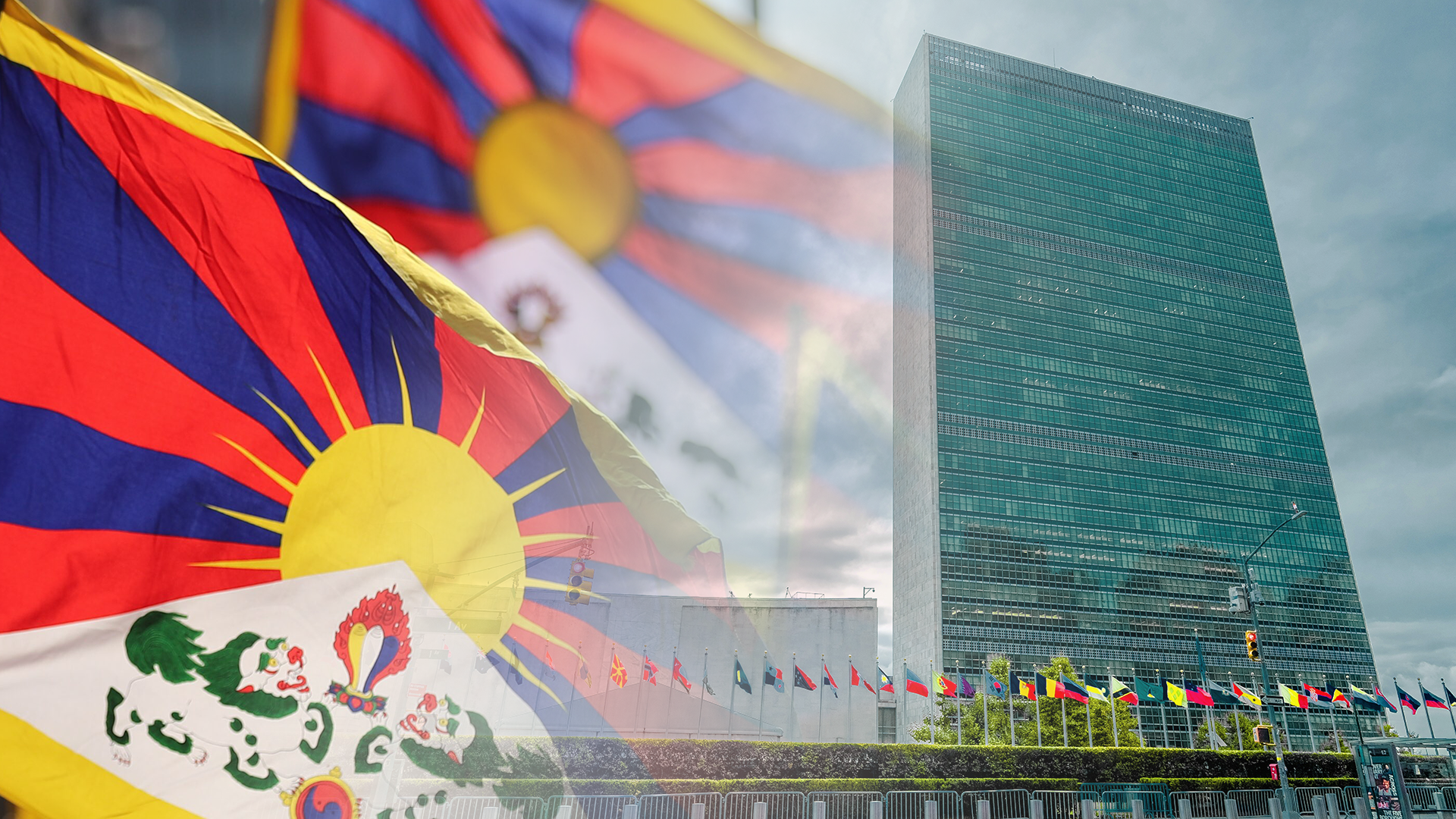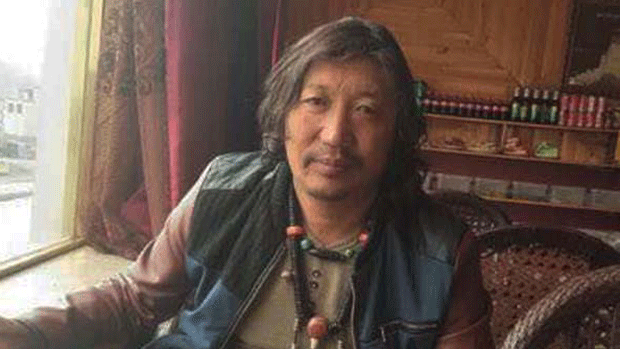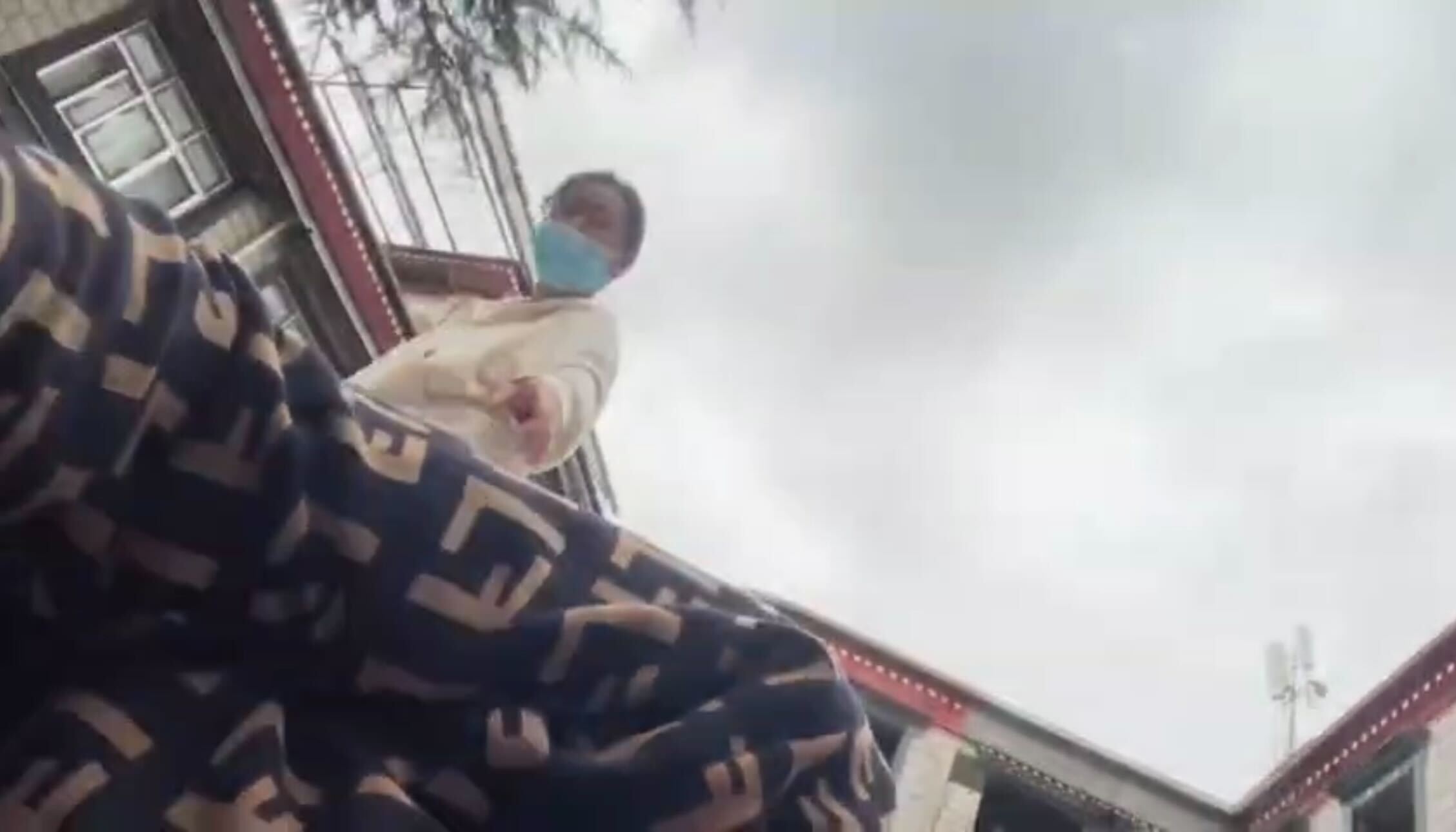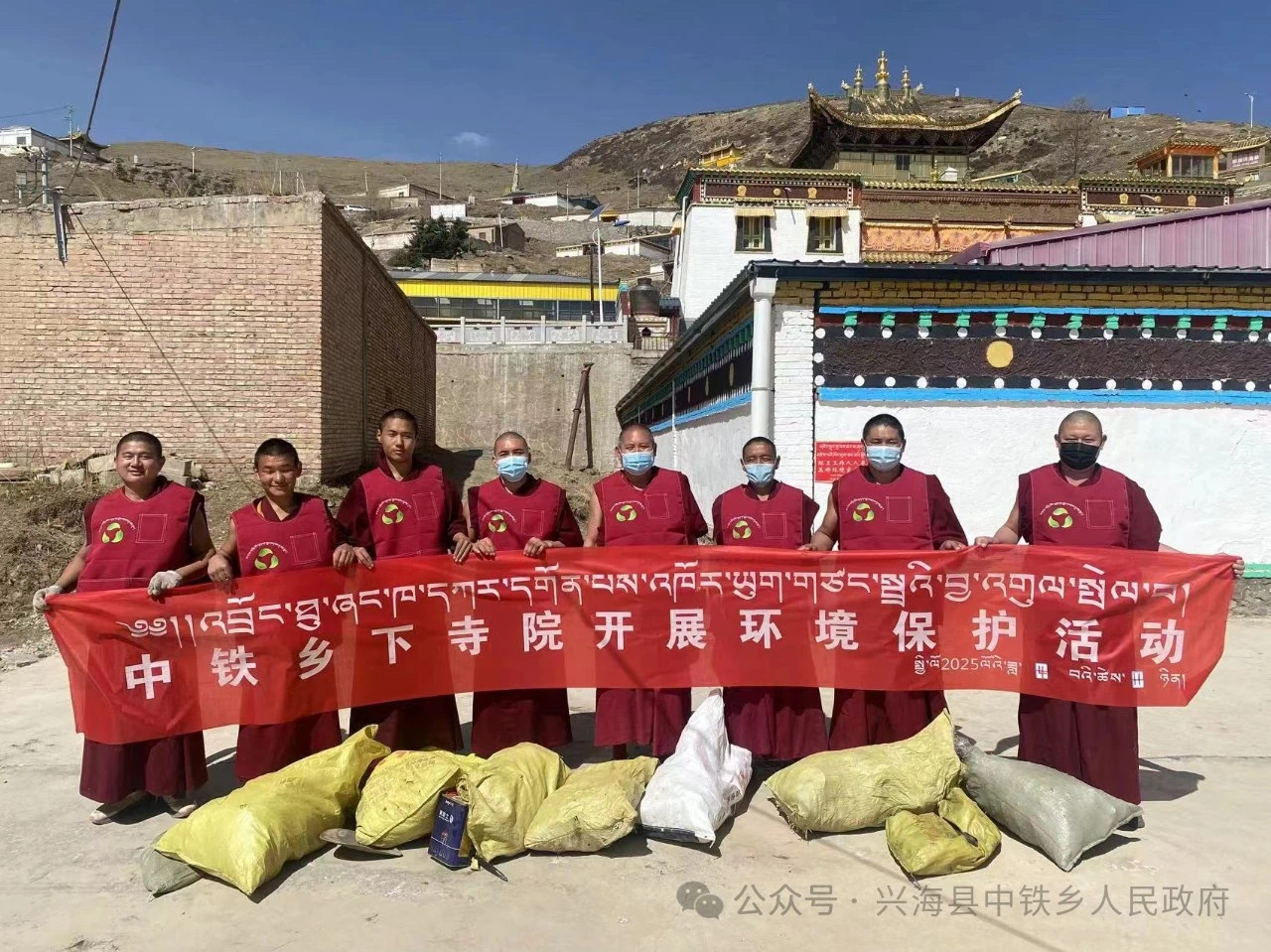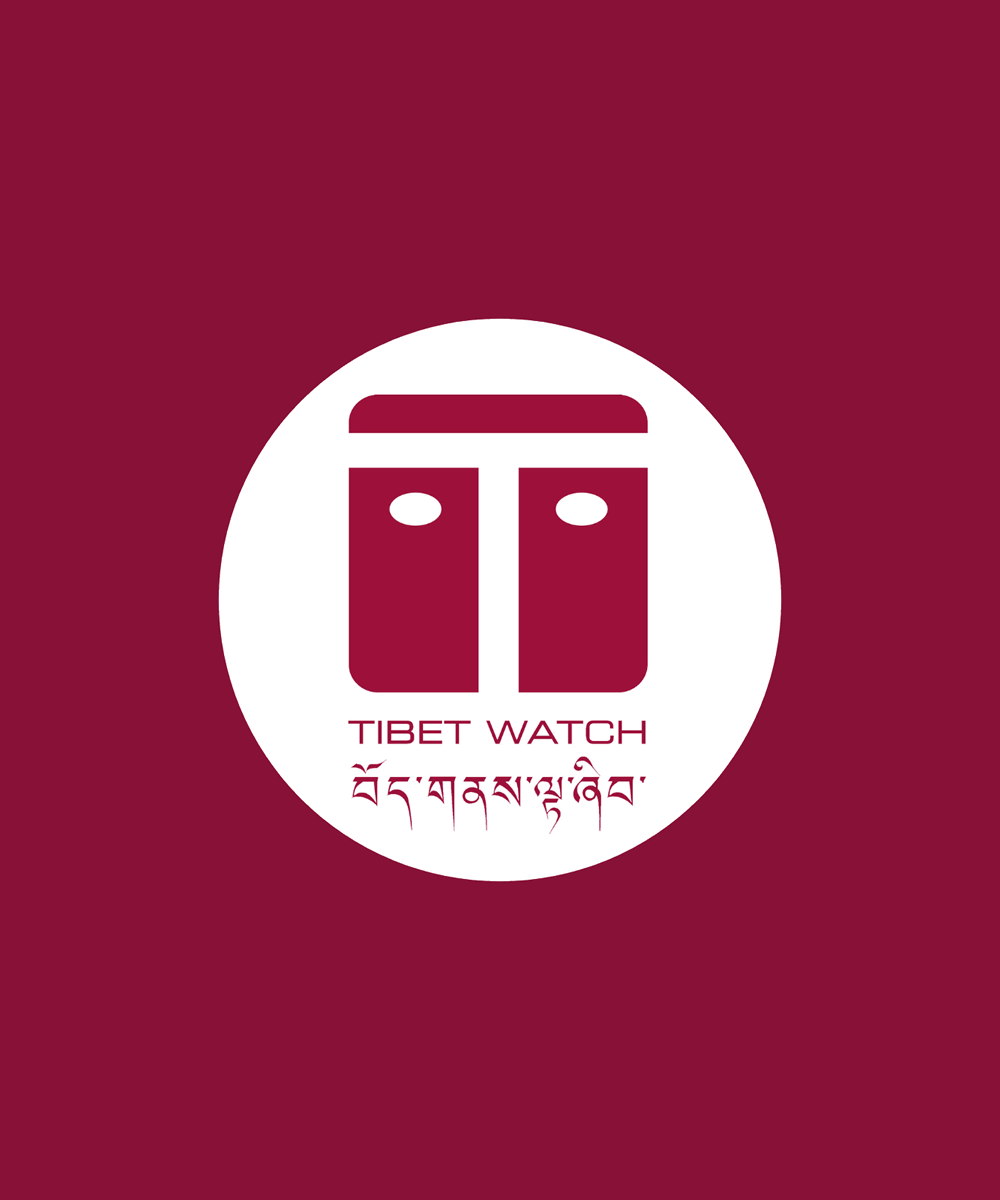
The visit was carried out to emphasise official policy on patriotism and religion.
The Panchen Lama appointed by the Chinese Communist Party (CCP), Gyaltsen Norbu, arrived in Lhasa on 31 July for a stage-managed visit to Tibet.
The Panchen Lama is one of the most significant authorities in Tibetan Buddhism, but the position has been thrown into controversy by the CCP. Tibetans refuse to recognise Gyaltsen Norbu, and instead continue to demand information about Gedhun Choekyi Nyima, the 11th Panchen Lama who was kidnapped in 1995 as a six year old, and whose whereabouts remain unknown. In contrast, Tibetans refer to Gyaltsen Norbu as the ‘Panchen Zuma’, or ‘false Panchen’.
Gyaltsen Norbu rarely visits Tibet and his occasional visits, such as this one, are carefully stage-managed and heavily policed.
During his visit, Gyaltsen Norbu started various religious events and social activities in the so-called Tibet Autonomous Region (TAR), according to Free Tibet’s research partner Tibet Watch. Over 100 monks from Jokhang Temple and other monasteries have greeted and received him.
On 5 August, Wu Yingjie, Secretary of the Party Committee of the TAR met with Gyalsten Norbu and congratulated him for taking the role of a bridge between religious figures and the broad masses of Buddhist devotees. He further said it has effectively maintained harmony and stability in the religious domain.
Wu also stressed:
“We must maintain a high degree of consistency with party and Government at all times and under any circumstance and resolutely fight against all separatist forces.”
On 7 August, Gyaltsen Norbu oversaw a forum among the Chinese Religious Peace Committee members and other religious leaders from the five major religions as Buddism, Islam, Taoism, Catholicism and Christianity.
The Chinese state-appointed Panchen Lama, Gyaltsen Norbu said:
“Although our beliefs are different, our ideas and beliefs are the same. Our ideal is the realization of the great rejuvenation of Chinese Nation, and our belief is that the motherland is good and the people are good.”
This visit is part of the CCP’s wider scheme to emphasise an official policy on religion and promote patriotism.
